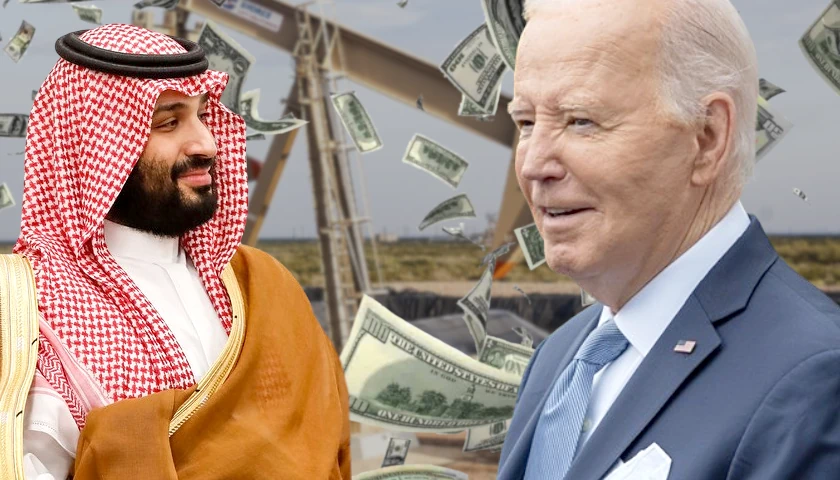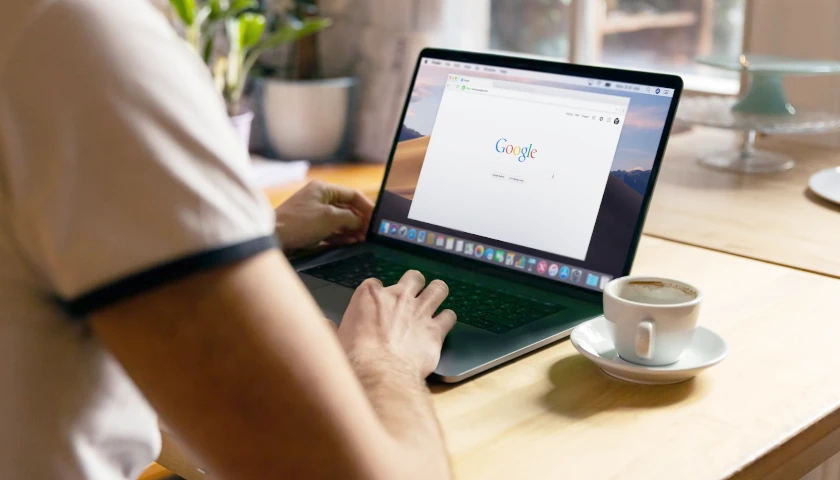by Steven Richards
At the conclusion of key prosecution witness Michael Cohen’s testimony Monday in Donald Trump’s so-called “hush money” trial, jurors were left to ponder a litany of damaging statements that have further cut into Cohen’s credibility and likely made the prosecution’s case harder to prove.
Both the defense and the prosecution wrapped up their cases on Monday, signaling the shift into the later stages of the trial.
Widely seen as central to Manhattan District Attorney Alvin Bragg’s case against the former president, legal experts believe Cohen’s testimony may be undermining that very case. Cohen brought many personal credibility issues to the stand as well as a documented bias against Trump.
On his final day of questioning, Cohen also admitted that he stole money from the Trump Organization because he felt like it was owed to him.
Jonathan Turley, a legal analyst and and George Washington University School of Law professor, believes this admission was particularly damaging to Cohen as a witness and to the prosecutors in general. “Cohen admits that he stole from the Trump Organization. He also told federal prosecutors about stealing the money but was never charged with larceny…” Turley posted to X.
“These are hits below the waterline for Cohen but also the prosecutors. They had a man admitting to a major larceny but never charged Cohen. They made Cohen not only their man, but allowed him to keep the money…” he wrote.
Cohen’s self-admitted theft is just more baggage Cohen brought to the prosecutor’s case, weighing it down. Here are the ways Cohen imploded during his four day testimony as the key witness:
Cohen admits he stole from the Trump Organization
In 2017, the Trump Organization owed technology company Red Finch $50,000 for a using algorithms to boost Trump’s performance in a poll, according to Cohen. Cohen, who helped facilitate the transaction, asked for a $100,000 reimbursement, “grossed up” to account for taxes, from the Trump Organization.
However, on the stand Monday, Cohen admitted that he stole from Trump, only paying $20,000 to Red Finch and pocketing the remaining $60,000 for himself.
“So the $50,000 that you got back from Red Finch … you only paid the Red Finch owner $20,000, right?” Blanche asked Cohen.
“Yes sir,” Cohen replied.
The lawyer clarified that Cohen pocketed the $60,000 difference and confirmed this was stealing.
“You did steal from the Trump Organization based upon the expected reimbursement from Red Finch?” Blanche asked.
“Yes sir,” Cohen replied, according to CNN.
CNN Legal Analyst Elie Honig called these new revelations a “bomb dropped in the middle of the prosecution’s case.” CNN’s analyst Laura Coates agreed and was surprised that the prosecutors did not address this sooner in the trial to “take the sting out” of the revelation.
Cohen admits he secretly recorded his own boss, tape appears to undermine case
In his testimony last week, Cohen told the jury he secretly recorded a private conversation between him and his boss, Donald Trump, while the pair were discussing the payment to Daniels in exchange for the non-disclosure agreement. Cohen claimed the recording was intended to ensure the loyalty of David Pecker, then publisher of the National Enquirer who helped Trump “catch and kill” stories leading up to the 2016 election by showing him that Trump was willing to pay.
“It was so I could show it to David Pecker and that way he would hear the conversation, that he would know that we’re going to be paid, Mr. Trump is going to be paying him back,” Cohen said. “I also wanted him to remain loyal to Mr. Trump.”
Bragg’s case centers on the payment scheme, which he claims includes an illegal effort by Trump to falsify business records in order to conceal “unlawful activity,” in this case, to improperly influence the 2016 election.
Legal experts have questioned the ethics of Cohen’s recording of Trump without his knowledge.
Clandestinely recording your own phone calls is not a crime in New York, but it may highlight Cohen’s lack of trustworthiness to the jury. This may be an ethical issue for attorneys, however. “The general weighted opinion is that an attorney must have a justifiable reason, assuming he’s in a state that allows it,” Bruce Green, a professor at Fordham University School of Law told the Washington Post, and said there is rarely a good reason to do so.
Aside from the potential ethics issue, the recording, which was played for the jury as part of Cohen’s testimony, seems to indicate Donald Trump may have been less familiar with the Stormy Daniels payment scheme than advertised.
When Alvin Bragg’s prosecutors opened their felony record-keeping trial, they promised to show the jurors that Donald Trump “orchestrated” a conspiracy to hide allegations from the porn star and another woman from voters in 2016 and disguise the source of the cash in his firm’s books.
Trump’s knowledge of the payments to Daniels and the others is central to Bragg’s case because he has charged the former president with falsifying business records to conceal another crime, in this case, alleged campaign finance violations. That law requires that a jury finds beyond a reasonable doubt that the defendant had the intent to falsify the records.
Yet, one part of the recording appears to show Michael Cohen, not Trump, was orchestrating the method of payment. According to the audio, Trump appears unaware of his fixer’s methods of financing the payments, Just the News reported last week.
Cohen admits payment to Stormy Daniels was a “legal contract”
Under questioning last week, Cohen admitted that the payment to Stormy Daniels, which has been widely characterized as a “hush money” payment, was an official, legally binding contract.
“Make no mistake, this was a completely legal binding contract, correct?” Trump lawyer Todd Blanche asked Cohen, according to CNN.
“Yes sir,” Cohen replied.
“A non-disclosure agreement, an NDA, a settlement between two parties, happens all the time?” he asked.
“Yes,” Cohen answered.
This admission by Cohen may undermine a key pillar of Manhattan District Attorney Alvin Bragg’s case, that Donald Trump’s reimbursements to Cohen were improperly labeled as legal expenses.
This explanation closely mirrors testimony from former Stormy Daniels’ attorney Keith Davidson who disputed the payments to his clients—he also represented another woman who claimed she had an affair with Trump—were “hush money.”
“It wasn’t a payoff and it wasn’t hush money … it was consideration in a civil settlement agreement,” Davidson told the jury, according to Newsweek.
Cohen admitted in old legal memos he had nothing on Trump
Memos reviewed by Just the News show Cohen in 2018 repeatedly insisted to his attorney that he had no incriminating evidence on Trump related to the hush money payments to adult film actress Stormy Daniels. The contradictions between Cohen’s public statements and claims to his attorney were first reported by Just the News last year, but have fresh relevance because of his former boss’ trial.
The memos, which document Cohen’s former lawyer Robert Costello’s interviews with federal prosecutors and House Intelligence Committee staff in 2019 show Cohen had told him quite the opposite of his later assertions. These memos are no longer shielded by attorney-client privilege after Cohen waived those rights according to a court filing obtained by Just the News.
The memos show Cohen repeatedly claimed he had no incriminating information on Trump, even when he was desperate to avoid prison time.
“We asked him at the hotel, we said, let’s talk about your options, do you have any info on Trump, a get out of jail free card,” Costello said, according to he memo. “[But] he said he didn’t have anything on him, nothing,” he added, referring to Trump.
– – –
Steven Richards joined Just the News in August 2023 after previously working as a Research Analyst for the Government Accountability Institute (GAI) in Tallahassee, Florida. He is a two-time graduate of Florida State University with a Masters in Political Science and a B.S. in International Affairs.
Photo “Michael Cohen” by IowaPolitics.com. CC BY-SA 2.0. Background Photo “Courtroom” by Breedstock.




